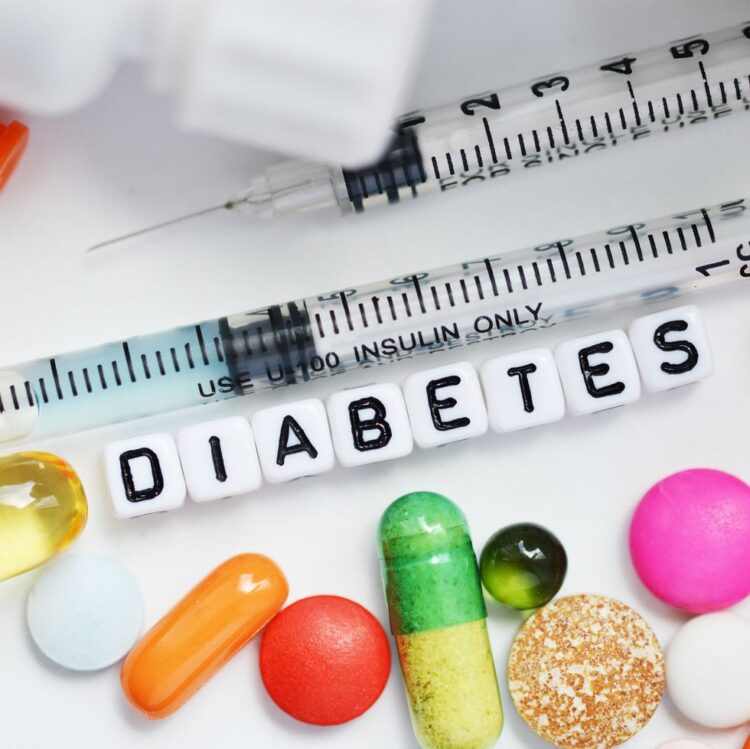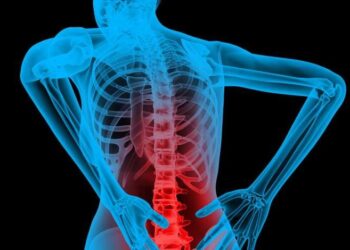Throughout the night, everyone’s blood sugar levels fluctuate. These differences can result in hyperglycemia, or high blood sugar levels, in type 1 or type 2 diabetics in the morning. A healthy late-night snack before bedtime may help keep these levels stable. Finding the ideal diabetes diet and snacks is critical for blood sugar control. Snacks are vital for maintaining a balanced diet, but choosing snacks that won’t spike blood sugar levels can be difficult.
How Should Diabetics Snack Healthy at Night?
If you believe that a snack before bed is a good idea, there are a few things to consider.
- Begin with the time of your snack, which should be about 30 minutes before you go to bed for digestive reasons.
- Several factors, including how well your blood sugar levels are regulated, if you use insulin, whether you have other health concerns, how hungry you are, and others, will decide whether you need between-meal snacks.
- If you don’t eat as much as you used to, splitting your evening meal into two smaller meals will help your blood sugar levels. This is especially beneficial for patients suffering from gastroparesis, a disorder caused by nerve loss that makes it difficult for food to digest and go through the stomach.
Bed Time Snacks For Diabetes Patients
Fibre: By absorbing water and forming a gel, fibre can aid slow digestion and delay glucose absorption. Regular fiber consumption may improve insulin sensitivity and glycemic control.
Healthy fats, such as those found in avocado, olive oil, nuts, and seeds, must be included in your meals and snacks. Fats may help you feel fuller for longer. Fat, coupled with protein and fiber, can help to slow the release of sugar into the circulation, reducing blood sugar spikes and drops.
Low-Sodium Foods: Because high blood pressure is one of the risk factors for heart disease, choosing a low-sodium snack may help to maintain a healthy blood pressure level.
Healthy Carbs: If you choose a snack with no more than 15 grams of carbs per serving, your blood sugar levels may be better controlled.
Protein: Protein, like fiber and fat, helps reduce appetite by slowing the rate at which glucose enters the bloodstream. Many protein-rich meals also include fiber, healthy fats, or both.
Exercise regimens, in conjunction to appropriate eating habits, could be useful.
Source:In







 Finance
Finance







